Endeavor Research Private Ltd successfully hosted the Webinar on Food Science and Nutrition during March 28-29, 2022. The webinar was successful in gathering eminent speakers from various reputed organizations and their paramount talks enlightened the gathering.
The pragmatic meet organized by Endeavor Research Private Ltd received generous response from Industrialists, Academia, Talented Researchers and Young Student Community. Industrialists, Researchers and Students who attended from different parts of the world made the webinar one of the most successful events from the Endeavor.
The scientific program paves a way to gather visionaries through the research talks and presentations and put forward many thought provoking strategies.
Scientific sessions covered in the webinar i.e. Food Microbiology and Enzymology | Functional Food and Nutraceuticals | Food Quality and Nutritional Values | Agricultural Food Science and Sustainable Food System | Food & Nutritional Toxicology | Food Processing and Engineering | Food Safety and Policies | Nutrition, Metabolism and Cardiovascular Diseases | Food Packaging and Preservation | Advanced Research and Trends in Food Sciences | Global and Public Health Nutrition and Clinical and Translational Nutrition
The webinar was marked with the presence of renowned Speakers, Young Researchers, Students and Business Delegates driving the one day event into the path of success with thought provoking keynote and oral presentations.
Keynote Speaker
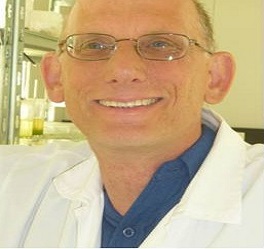
Peer Schenk
The University of Queensland, Australia
Peer Schenk is Professor for Plant and Microbial Biotechnology in the School of Agriculture and Food Sciences at the University of Queensland, Australia and heads the Algae Biotechnology Laboratory at UQ since 2004. Prior to that, he completed his PhD at the Max Planck Institute for Breeding Research in 1994 and has since worked in four Cooperative Research Centres that promote collaboration between industry and academia. Prof. Schenk discovered and commercialised fundamental new concepts and technology from Plant-Microbe Interactions, Algal Biotechnology and Water Purification, leading to several start-up companies. He was Australia’s APEC representative for biorefinery concepts and produced plant varieties that are now commercially grown in three continents. His team established the UQ Algae Energy Farm in 2013, a large-scale algae farm that develops and demonstrates new cost-saving technologies to produce food, feed, nutraceuticals and biofuel from microalgae leading to five commercial farms.
Microalgae are highly efficient producers of biomass for food and nutraceuticals. They are fast-growing, high in protein and contain many health compounds, such as omega-3 fatty acids, carotenoids, antioxidants, minerals and vitamins. The use of microalgae for omega-3 production is particularly feasible, as this highly valuable product is currently unsustainably sourced from fish.
Importantly, microalgae can be farmed at large-scale without competing for arable land or biodiverse landscapes and are able to use polluted water, brackish or seawater. However, current costs of algal biomass production are relatively high, mainly because of expensive harvesting and extraction procedures. To overcome these hurdles, we have simultaneously developed low-cost cultivation, harvesting and product extraction technologies to sustainably produce algae as a food supplement and nutraceuticals. Current research focusses on further cost reductions for protein and omega-3 production that will allow recycling of fertiliser and CO2 and even enable carbon sequestration.
Keynote Speaker

Shahrul Razid Sarbini
Universiti Putra Malaysia Bintulu Sarawak Campus, Malaysia
Shahrul Razid Sarbini is an Professor of Food and Nutritional Sciences, at the Faculty of Agricultural and Forestry Sciences, Universiti Putra Malaysia. He graduated from Universiti Malaysia Sarawak (UNIMAS) in 2003 in Resource Biotechnology, followed by a M.Sc. in Food Biotechnology from UNIMAS as well, in 2007. He then obtained a Ph.D. in Food and Nutritional Sciences from the University of Reading, UK in 2011. His expertise is in the field of Functional Food. His major interests are in the field of prebiotic, probiotic and gut microbiota. He has published numerous papers associated with the prebiotic evaluation of local food, gut microbiota assessment, starch modification, together with functional food enhancement. He has also spoken in various conferences and seminars related to his expertise. He is currently the Director of Campus, Universiti Putra Malaysia Kampus Bintulu Sarawak.
Keynote Speaker
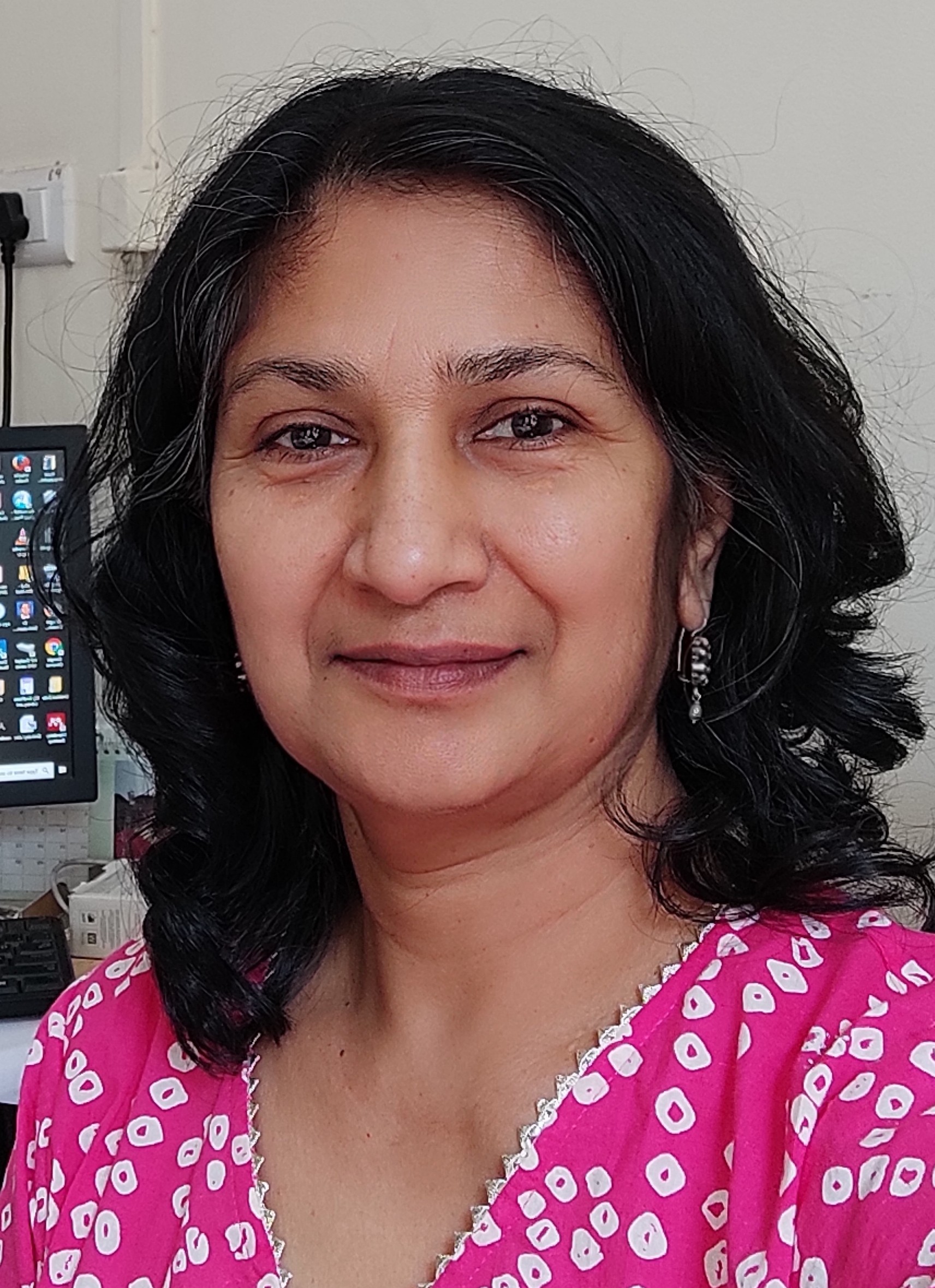
Vandana Ghormade
Nanobioscience Group, Agharkar Research Institute, India
Dr Vandana Ghormade’s priority research area includes development of biosensors for pathogen and contamination detection where nanotechnology can play a vital role. Her keen interest in paper-based detection platforms has led to development of rapid on site detection of human invasive aspergillosis and ochratoxin. Her research also includes nanotechnology applications for delivery of drug, protein and gene and molecular imaging.
Dr Ghormade completed her doctorate degree from National Chemical Laboratory, Pune, India followed by post-doctoral studies at FAL Agroscope Reckenholz, Zurich. She joined Agharkar Research Institute Pune as Scientist in Nanobioscience Group and has > 50 International and National publications. She is received the Best Scientist award and is the Fellow of Maharashtra Academy of Sciences, India.
Scientific Session Speaker

Francesco Corrias
University of Cagliari, Italy
Dr Corrias obtained his master’s degree in Pharmacy in 2006 at the University of Cagliari (Faculty of Pharmacy) and the PhD in “Pharmaceutical Technology” in 2014 at the University of Cagliari after working for two years at the Pharmaceutical Technology Department of the University of Valencia. From December 2018 he is researcher in Food Chemistry (CHIM/10, 03/D1) at the University of Cagliari, Faculty of Biology and Pharmacy and he is teaching “Quality Control Fundamentals” during Toxicological Sciences at the University of Cagliari. Dr Corrias’s technical expertise includes both analytical and technological skills as: development, formulation and characterization of new nano-systems both for pharmaceutical and agro-chemical purposes and advanced instrumental analytical techniques (GC, LC-MS, etc…). He is currently working on the develop of new LC-MS/MS multiresidue pesticides methods in different natural matrixes and innovative nano formulations to improve the bioavailability of pesticides. Dr Corrias’s research activity has been reported in 24 scientific publications in peer-reviewed international journals with impact factor on ISI and Scopus and 355 citations.
Vernaccia is a white grape mostly used to produce a distinct wine protected by the controlled designation of origin (DOC) recognition. It is very susceptible to fungal disease, and it is subjected to a defined management protocol in the field. Winemaking could influence pesticide residues through different mechanisms. This work investigated the influence on pesticide residues of the winemaking process at the industrial level of the wine Vernaccia di Oristano. Thirty-five samples of grapes, two musts, and two vines (both liquid fraction and pellets) were analyzed by using a validated multiresidue LC-MS/MS (Liquid Chromatography with tandem mass spectrometry) method. Data obtained showed the presence in grapes juice of 16 pesticides (8 not allowed in the EU) with mandipropamid and mepanipyrim, the only ones with values higher than their MRL (maximum residue level). Pesticide residues decrease in must was related to the dilution effect due to mixing the grape samples. However, pellets analysis also confirmed the high affinity of pesticides for the suspended material (fenhexamid), whereas the increase in wine to a re-solubilization process from the lees during the fermentation step. The present paper highlighted the effectiveness of the technological process of winemaking to decrease pesticide residues compared to the raw material.
Scientific Session Speaker

Ganga Sahay Meena
ICAR-National Dairy Research Institute, India
Dr. Ganga Sahay Meena received his Ph.D. from ICAR-National Dairy Research Institute, Karnal Haryana, India. Since 2010 he works at the Department of Dairy Technology, ICAR-National Dairy Research Institute, Karnal Haryana, India. He is the author of more than 50 peer-reviewed papers and 5 book chapters. His area of interest is processing and value addition in dairy by-products; milk protein concentrate and membrane processing of dairy streams.
About half of the total Indian milk production is consumed at producer’s door. Its traditional processing include boiling of milk employing slow heating, followed by cooling, inoculation with undefined starter cultures and fermentation to obtain curd (dahi, Indian yoghurt). The curd such obtained from morning and evening milk is then subjected to churning on next day to recover its fat rich portion known as makkhan (indigenous butter). To maintain the desired churning temperature, hot or cold water is added in curd that results in dilution of curd. During this process, indigenous buttermilk which is sour in nature is routinely produced as a by-product. Further, some of this by-product is consumed at home or discarded as waste at farmer’s door.
This investigation has been aimed to standardize a process for the preservation of indigenous buttermilk so that it can be preserved for longer duration and utilized in an array of food formulations.
The indigenous buttermilk samples were procured from rural farmers and pooled followed by defatting and concentration. The buttermilk concentrate had markedly higher milk solids over and indigenous buttermilk. It was converted in to buttermilk powder employing spray drying and the obtained powder was characterized in terms of its chemical composition (Total solids, fat, protein, lactose and ash), physical properties (such as interstitial and occluded air contents; loose, packed and particle densities; porosity, water activity, color values, flowability), reconstitution properties and functional ( insolubility index, apparent viscosity, water and oil binding properties, foam capacity and stability, emulsion capacity and stability). The microstructure of buttermilk powder was analyzed using SEM. The buffering capacity and FTIR spectra of buttermilk powder was also obtained. Hence, a method for the preservation of indigenous buttermilk was standardized. The manufactured powder could be used as ingredient in number of food applications.
Scientific Session Speaker

Biane Oliveira Philadelpho
Federal University of Bahia, Brazil
Dr. Biane Oliveira Philadelpho is a Ph.D student in Food Science at the College of Pharmacy of the Federal University of Bahia (Salvador, Bahia, Brazil). Since 2016, she works in the field of Food Science and Technology, with emphasis on structural/functional characterization of bioactive proteins and peptides at the Food Biochemistry Laboratory, coordinated by professor Dr. Ederlan de Souza Ferreira. She collaborates with hypercholesterolemia and cancer researchers on a regular basis.
Scientific Session Speaker

Mengmeng Li
Liaocheng University, China
Mengmeng Li received his Ph.D. from South China Agricultural University. Since 2020 he works at the Liaocheng Research Institute of Donkey High-Efficiency Breeding and Ecological Feeding, College of Agronomy and Agricultural Engineering, Liaocheng University. He has published more than 20 papers in famous journals such as 《Journal of Agricultural and Food Chemistry》,《Frontiers in Nutrition》 and《Journal of Food Science》. He evaluated the quality of Dezhou donkey meat and analyzed the lipid composition of donkey meat in terms of lipid molecules and metabolic characteristics for the first time, provids a new perspective for understanding of the nutritional value of donkey meat and improves intramuscular lipid deposition. He established a lipidomics technology based on liquid chromatography-mass spectrometry for meat, which provides technical support for the application of donkey meat composition analysis, quality discrimination, authenticity identification and origin traceability.
Scientific Session Speaker

William B. Wang
Taipei American School, Taiwan
Mr. William Bing-Sian Wang is currently a high school student studying at Taipei American School in Taipei, Taiwan and is expecting to receive his diploma by May of 2023. He has worked on the present study from August 2020 to December 2021 and has since published his work in the Journal of Food and Nutrition Research, a Science Citation Index (SCI) peer-reviewed journal (DOI: 10.12691/jfnr-10-1-10). He currently collaborates with several researchers in the Taiwan area on a regular basis. Mr. Wang is interested in food technology, nanomaterials, and genetic engineering and wishes to pursue related degrees and projects in the near future.
Scientific Session Speaker

Emmy Owoicho Okadonye
CEFTER, Benue State University, Nigeria
Scientific Session Speaker

Carmen Lizette Del Toro Sanchez
University of Sonora, Mexico
Dr. Carmen Lizette Del Toro Sánchez received her Ph.D. from Center of Exact Sciences and Engineering, University of Guadalajara, Mexico. Since 2015 she works at Department of Food Research, University of Sonora, Mexico. She is the author of more than 73 peer-reviewed papers in international journals, three books and seven book chapters in the food area. She has guided 21 students in food science. She has been associate editor of some international journals. Her research area is biotechnology and characterization of natural products including biological activity of compounds and its possible micro or nanoencapsulation for use in pharmaceutical or food areas.
Scientific Session Speaker
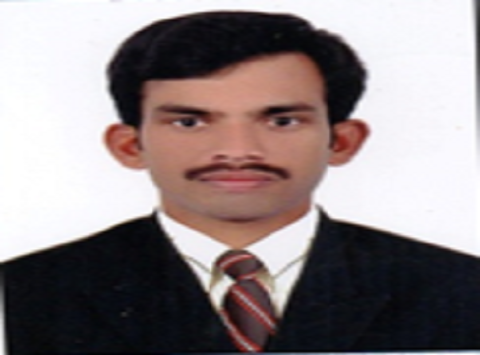
Halavath Ramesh
University of Hyderabad, India
Halavath Ramesh obtained his masters in chemistry from Loyola College in 2016 and is currently a graduate student in the University of Hyderabad, India. Ramesh is interested in biomolecular structure and dynamics in the presence of food additives and drugs. Dr. Abani K. Bhuyan obtained his Ph.D. from the University of Pennsylvania, USA, in 1995 and is currently a Senior Professor of Physical Chemistry in the University of Hyderabad, India. He uses NMR and basic spectroscopic tools to study structure and dynamics of biomolecules and clusters of small organic molecules.
Scientific Session Speaker

Ndiaye Khady
Ecole Supérieure Polytechnique - Université Cheikh Anta Diop, Senegal
Khady NDIAYE is in the final year of her thesis in Chemistry and Process Engineering.
After a Master's degree in Chemistry and Physics at the Faculty of Science and Technology /Senegal, she obtained her Master's degree in "Engineering Sciences" at the Polytechnic High School /Senegal. She is currently a PhD researcher with 3 publications.
Scientific Session Speaker
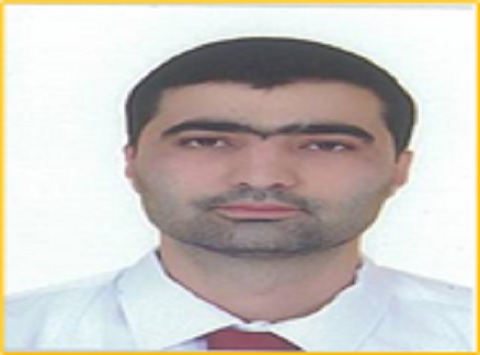
Mostapha Maach
Mohammed First University, Morocco
Dr. Mostapha MAACH received his Ph.D. from Mohammed First University, Multidisciplinary Faculty, Department of Biology in 2021. Actually, He is the author of more than 7 peer-reviewed papers and review article. with almost 20 participations in national and international congresses and conferences.
Scientific Session Speaker
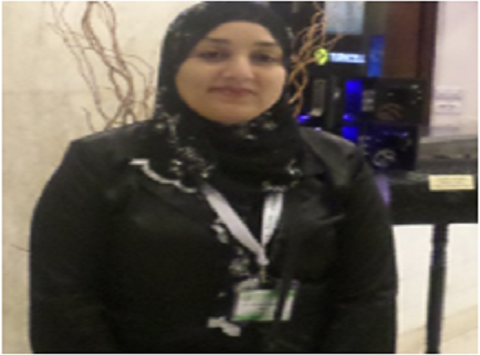
ZARROUG Youkabed
National Agricultural Research Institute of Tunisia (INRAT), Tunisia
"ZARROUG Youkabed currently works at the National Agronomic Research Institute of Tunisia, (INRAT), University of Carthage, Field crop laboratory. Youkabed does research in Cereal Food Engineering, Food Science and Food Processing, Animal and Human Nutrition. Their current projects are: « Gluten free products- PAQ-Collabora », « Bioconservation of cereal products- VRR», « Poultry meat bioconservation using essential oil- VRR», «PROPOS»... Youkabed had the opportunity to work and collaborate internationally with several research groups."
Scientific Session Speaker
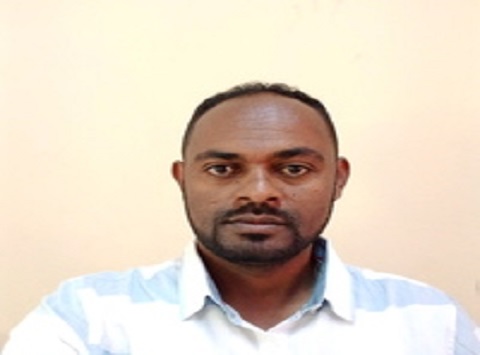
Zemenu K. Terefe
Hawassa University, Ethiopia
Mr. Zemenu Kerie Terefe received his M.Sc. from Hawassa University, Ethiopia, Department of Food Science and Technology. Currently he is a Ph.D candidate at Egerton University, Kenya, Department of Dairy and Food Science and Technology. Since 2009 he works at the Department of Food Science and Technology, Hawassa University, Ethiopia. He is the author of more than 10 peer-reviewed papers and reviewed more than 7 papers. He has attracted 6 research grants as a PI or collaborator and been involved in a number of consultancies. Mainly, Mr. Zemenu is also involved in the design and optimization food processing parameters in food manufacturing plants. His area of interest is product development, optimization of food processing parameters, food safety and nutrient interactions with processing parameters.
Scientific Session Speaker
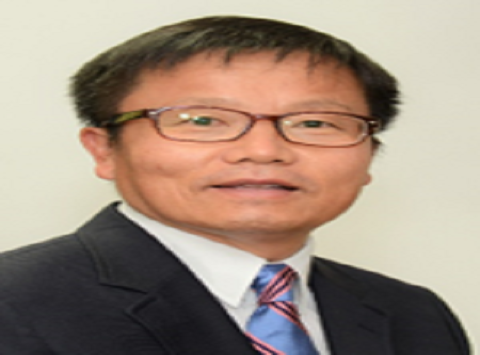
Chyer Kim
Agricultural Research Station, Virginia State University, USA
Dr. Chyer Kim has completed his PhD and postdoctoral studies from the University of Georgia, USA. He is a Principal Investigator of the Food Safety and Microbiology Program at the Agricultural Research Station of Virginia State University. Recognizing the importance of food safety education toward students and stakeholders, he strives to improve the safety and quality of our region's food supply through research, teaching, and extension outreach. Some of his accomplishments include a grantsmanship over $3.1M, training and mentorship of more than 80 students, 45 scientific article publications and service as an editorial board member in reputed journals.
Scientific Session Speaker

Fouad M.F. Elshaghabee
Cairo University, Egypt
Dr. Fouad M. F. Elshaghabee received his Ph.D. from Max Rubner Institut, Kiel University, Gaermany in 2014. Since 2004 he works at Dairy science Department, Faculty of Agriculture, Cairo University, Egypt. Currently, he is an associate professor and acting deputy head of Dairy Science Department. His research focuses on functional dairy products.
Scientific Session Speaker
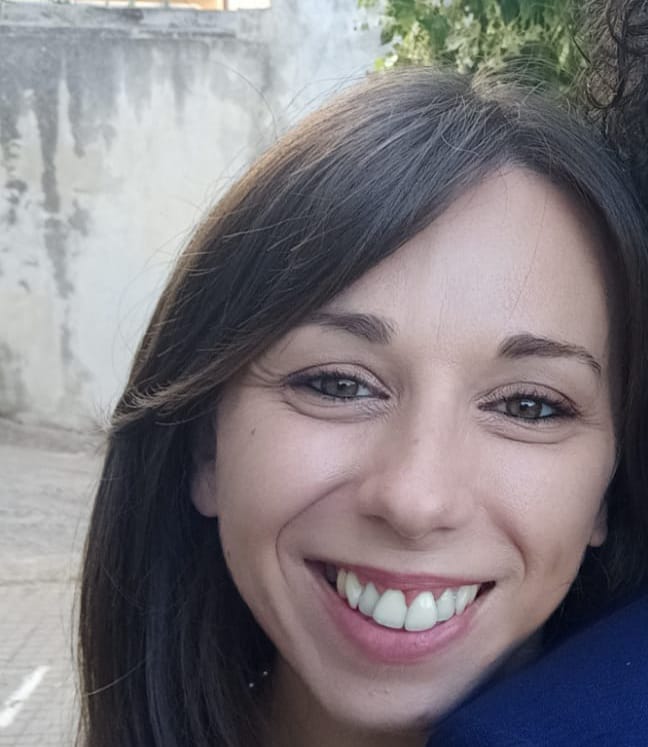
Alessia Tropea
University of Messina, Italy
Alessia Tropea is a biologist, and she is working at the University of Messina, Italy. She has her expertise in fermentation processes for food waste valorization, for obtaining value added products, and in food microbiology. She has got her PhD in Chemistry Sciences in 2013: Doctor Europaeus thesis "SECOND ENERATION BIOETHANOL FROM AGRO-FOOD WASTES - Cell wall sugar fermentation by Saccharomyces cerevisiae". She has years of experience in research, evaluation, and teaching in education institutions. She is Special Guest Editor, Topic Collection Editor and Topical Advisory Panel Member for Fermentation Journal and for International Journal of Environmental Research and Public Health. Moreover, she is reviewer for several international journals.
Scientific Session Speaker
